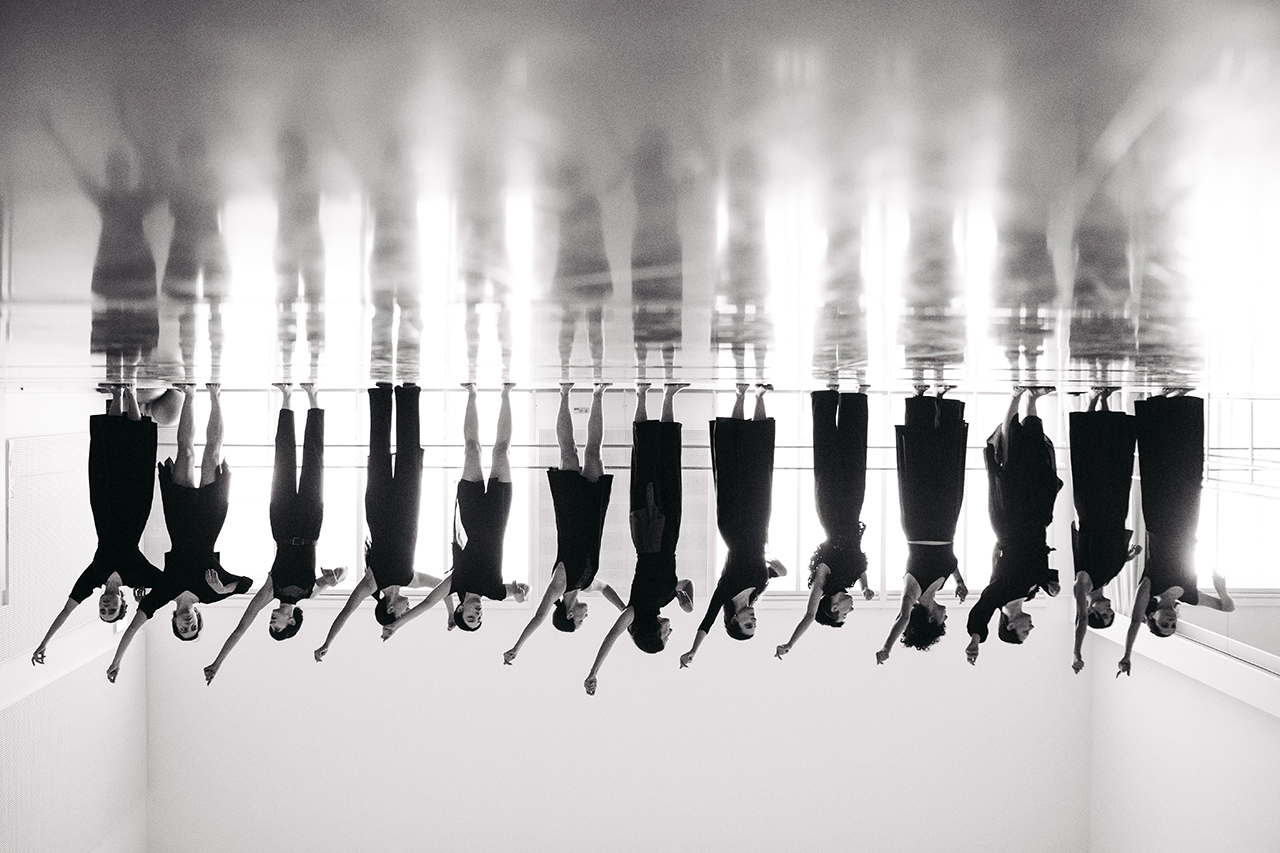Contact
ADDRESS
STAVROS NIARCHOS FOUNDATION
CULTURAL CENTER
364 Syggrou Avenue, Kallithea
TEL.
Box Office:
+30 213 0885700
Box Office email:
boxoffice@nationalopera.gr
Daily 09.00-21.00
info@nationalopera.gr
Register to our Newsletter


Choreography: Polina Kremasta
Assistant to the choreographer: Thenia Antoniadou
Performers: Ioanna Emmanouil, Seda Karayilan, Aphroditi Katsigianni, Martha Liveri Dalaveri, Theis Misiou, Tamara Mladenovic, Anna Mouratidou, Zoi Bogea, Konstantina Ntinapogia, Elpida Papapanagiotou, Ariadni Papapanagiotou, Vicky Skordali, Zoi Tsouni
Music: Seita-ta (Cappadokian dirge), How It Started (G. Angelopoulos, F. Siotas), Return from the city (G. Angelopoulos, F. Siotas), Parkaki (G. Dousos), Alibekio (G. Dousos), Florentina (G. Dousos), Axe (Κ. Pantelis, F. Siotas), Astrali (G. Papaioannou), Sandia (traditional tune from Western Africa adapted by Α. Papadopoulos), Djelidon- Sandia (African dance song)
Starts at: 20.30
Greek National Opera Alternative Stage
Stavros Niarchos Foundation Cultural Center
Admission is free upon priority vouchers that will be distributed from Thursday 25 May 2023 at 12.00, exclusively via ticketservices.

The Intercultural Dance Group of the GNO Learning & Participation Department presents the performance Mesimvrines on Tuesday 30 May at 20.30 on the GNO Alternative Stage at the Stavros Niarchos Foundation Cultural Center. Admission will be free to the public.
The performance, which is the fruit of the creative trajectory of this season’s workshop, is an ode to Dance. Fourteen dancers of different dance identities converse with contemporary creation and find common ground through movement dance, music and the body. In Mesimvrines the dance act emerges as a transformative element that can empower the sense of belonging and acceptance.
A FEW WORDS ABOUT THE WORKSHOP:
During the period November 2022 to May 2023, the Intercultural Dance Group aimed at bringing out the particularities and aesthetic of different dance traditions while focusing on the fundamental characteristics of the dance phenomenon. Fourteen dancers of different ages and dance identities studied the traditions of Greek folk dances, African, Indonesian and Afro-American dances, hip-hop, flamenco, jazz, boogie, as well as modern dance techniques. The workshop leaders guided them through this creative path by proposing their own methodological and movement quests that have emerged through their research on the relationship between traditional and modern techniques, known as “Apogios”.
STAVROS NIARCHOS FOUNDATION
CULTURAL CENTER
364 Syggrou Avenue, Kallithea
Box Office:
+30 213 0885700
Box Office email:
boxoffice@nationalopera.gr
Daily 09.00-21.00
info@nationalopera.gr